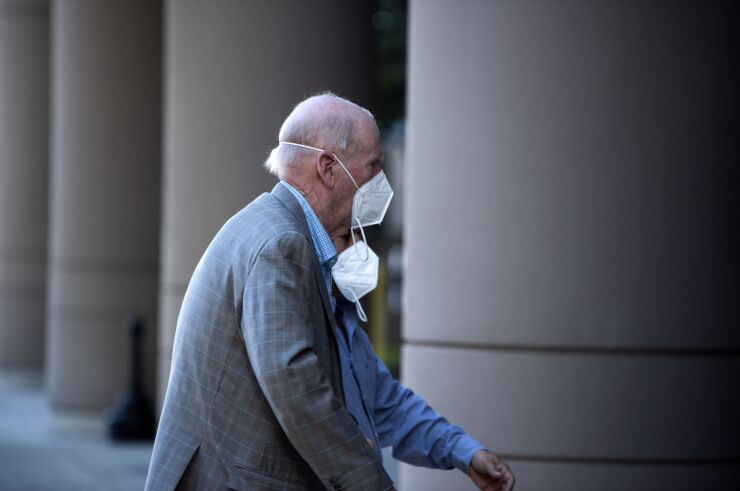Billionaire Robert Brockman, who is charged with the largest criminal tax-evasion case by an individual in the U.S., asked a judge to lift an Internal Revenue Service demand that he pay $1.4 billion in taxes and penalties.
The IRS has improperly imposed a so-called jeopardy assessment, which is normally used when a taxpayer is “designing quickly” to leave the country and place assets beyond the reach of U.S. authorities, or when the taxpayer faces insolvency, Brockman’s lawyers said in a Houston federal court filing Friday. None of those conditions apply to Brockman, 80, they said.

“No exigency exists here,” Brockman’s attorneys said. “There is no jeopardy. The IRS’s actions were baseless and wholly unreasonable, and must be immediately abated.” They asked a judge to rule on their motion within 20 days.
The filing expands on a lawsuit Brockman filed Thursday, and it denies key allegations that are also central to an indictment accusing him of evading taxes on $2 billion in taxes. Brockman, who ran a firm that makes software for auto dealers, claims he has dementia and is not competent for trial. Prosecutors say he’s faking. A judge who held an eight-day hearing in November has yet to rule.
The indictment alleges Brockman controlled a Bermuda charitable trust with billions of dollars of assets and didn’t pay taxes on them. Brockman’s lawyers said the trust owns entities that control the software firm, Reynolds & Reynolds, which is valued at $5 billion.
The IRS hasn’t alleged that “anyone has taken any action to conceal, dissipate, transfer, or in any way diminish the value of Reynolds,” Brockman’s attorneys said. “In other words, based on the IRS’s theory that Mr. Brockman is the owner of Reynolds, there are assets worth a multiple of the asserted tax liability that are and will remain available in the United States.”
That means the IRS can’t say that “collection would be jeopardized” if it prevails on the taxes owed, Brockman’s attorneys said.
A Justice Department spokesman didn’t immediately respond to a request for comment.
The case is Brockman v. United States of America, 22-cv-202, U.S. District Court, Southern District of Texas (Houston).





